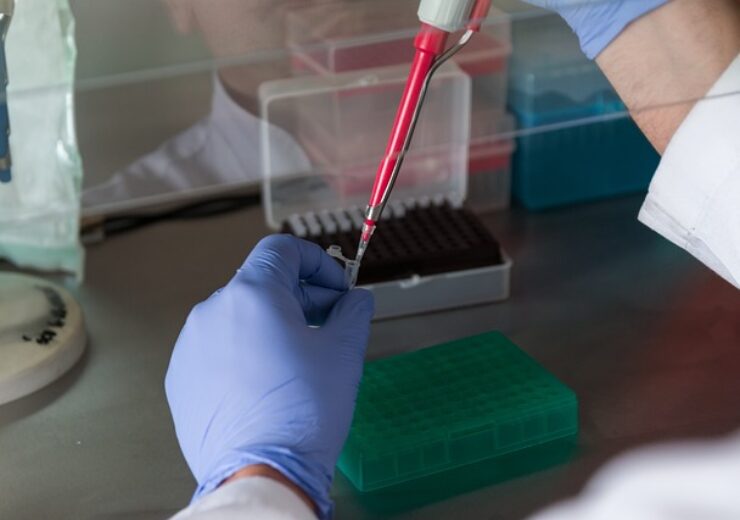Elpiscience will receive up to $37m in upfront payment and license option fees, research funding from Astellas, and is eligible to receive over $1.7bn in future development, regulatory, and commercial milestone payments, upon Astellas exercising its option

Elpiscience, Astellas enter research collaboration. (Credit: Michal Jarmoluk from Pixabay)
Elpiscience Biopharma and Astellas Pharma have entered into a research collaboration and license agreement for novel bi-specific macrophage engagers, ES019 and another programme.
Under the terms of the collaboration and license agreement, the two companies will jointly conduct early-stage research for the two programmes.
Elpiscience will receive up to $37m, including the upfront payment and license option fees, and will also receive research funding from Astellas to advance the programmes.
Astellas can add up to two additional programs to the collaboration and get exclusive rights to further research, develop, manufacture, and commercialise the products for each programme.
Upon Astellas exercising its option, Elpiscience is eligible to receive over $1.7bn in future development, regulatory, and commercial milestone payments.
Elpiscience is also eligible to receive a royalty on net sales for licensed products.
Astellas chief strategy officer Adam Pearson said: “Astellas has a strong commitment to developing innovative cancer treatments and have positioned Immuno-Oncology as one of the Primary Focuses of our R&D strategy.
“Elpiscience has outstanding expertise in developing next generation immunotherapies. We hope this collaboration will bring synergies between the two companies’ cutting-edge research and will ultimately lead to the development of new treatments for patients with cancer.”
Elpiscience is a clinical-stage biopharmaceutical company engaged in developing next-generation immuno-oncology therapies for cancer patients.
It has created the Bispecific Macrophage Engager (BiME) platform, an anti-tumour associated antigen (TAA) and anti-signal-regulatory protein α (SIRPα) bispecific antibody-based platform.
BiME platform is designed to activate tumour-associated Macrophage (TAM) phagocytosis killing towards specific TAA-expressing tumour cells.
The platform shows high-potent phagocytosis due to the engagement of the Fc receptor on TAM and the tumour cells through TAA and SIRPα, and the blockade of CD47-SIRPα signalling.
TAMs are the most abundant leukocytes within the tumour microenvironment (TME) of many cancer types and correlate with poor prognosis and immune checkpoint inhibitor resistance.
The programs developed from the BiME platform are expected to offer new options for cancer patients who do not respond to existing cancer immunotherapies, said Elpiscience.
Elpiscience chairman and CEO Darren Ji said: “We are pleased to collaborate with Astellas, a world leader in innovative medicines, on developing game-changing therapies for cancer.
“BiME innovated at Elpiscience represents a paradigm shift from the conventional cell engagers dominated by T cells.
“The therapeutic molecules generated from the BiME platform have the potential to change the clinical practice for tumours where tumour-associated macrophages are highly abundant, and no effective therapies are available.”
